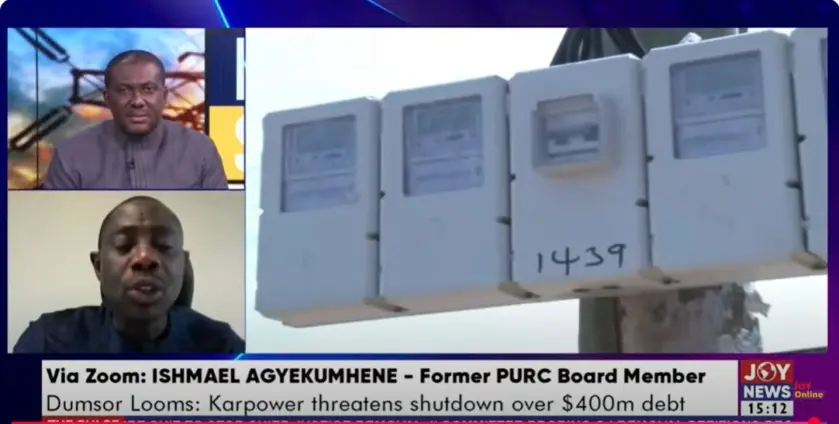As the cedi has strengthened against the U.S. dollar, a paradox has emerged in Ghana: electricity tariffs remain stubbornly high. This situation has prompted Paul Apraku Twum Barimah, a prominent voice in the country, to call for a reduction in Electricity Tariffs Ghana, arguing that the benefits of the cedi’s appreciation should be passed on to consumers. The cedi’s recent performance, the Public Utilities Regulatory Commission’s (PURC) rationale for increasing tariffs, and growing public frustration have converged, creating a complex economic landscape that demands immediate attention, especially for ordinary Ghanaians grappling with rising costs.
The cedi has demonstrated notable gains in recent months. As of May 21, 2025, the currency was trading at GHS12.22 against the U.S. dollar. This represents an 8.44% increase year-to-date from GHS16.53 in November 2024, a substantial recovery that many expected to translate into lower utility bills. Several factors have contributed to this resurgence, including strategic interventions by the Bank of Ghana, which injected $490 million into the forex market, bolstered gold reserves, and a significant rise in gross international reserves from $6.2 billion in March 2024 to $9.4 billion in March 2025.
Despite the cedi’s positive trajectory, the PURC announced a 14.75% increase in Electricity Tariffs Ghana, effective May 3, 2025. The commission justified this hike based on a weighted average exchange rate of GHS15.6974 per dollar, citing exchange rate volatility, inflation, and rising fuel costs. The PURC also aimed to recover 50% of a GHS976 million revenue shortfall from 2024. However, stakeholders have expressed concerns over the discrepancy between the PURC’s exchange rate and the current market rate. Given that fuel imports are priced in U.S. dollars, a stronger cedi should logically lead to reduced costs, creating an expectation that Electricity Tariffs Ghana should reflect this improvement. The fundamental principle at stake is that currency appreciation should lead to tariff reductions, just as depreciation typically leads to hikes.
The call for action has grown louder, with figures like Paul Apraku Twum Barimah urging the PURC and the government to address the issue.
“Ghanaians must begin to enjoy the benefits of the cedi’s stabilisation and strength against the U.S. dollar…”
This sentiment underscores the core issue: consumers should benefit from favorable market conditions. Advocacy groups are pushing for a transparent and responsive pricing mechanism that aligns with current economic indicators, ensuring that Electricity Tariffs Ghana accurately reflect the cedi’s strength.
The debate over Electricity Tariffs Ghana is intensifying, with increased scrutiny on the pricing formula used by the PURC. There are growing calls for the commission to adopt a more responsive approach that reflects real-time economic developments. The pressure is mounting on regulators and policymakers to ensure that the benefits of the cedi’s recovery are felt by ordinary Ghanaians, who are eager to see lower utility bills. The future of Electricity Tariffs Ghana is now inextricably linked to the cedi’s performance, and stakeholders are watching closely to see whether the promised relief will materialize.
Image Source: MYJOYONLINE






















